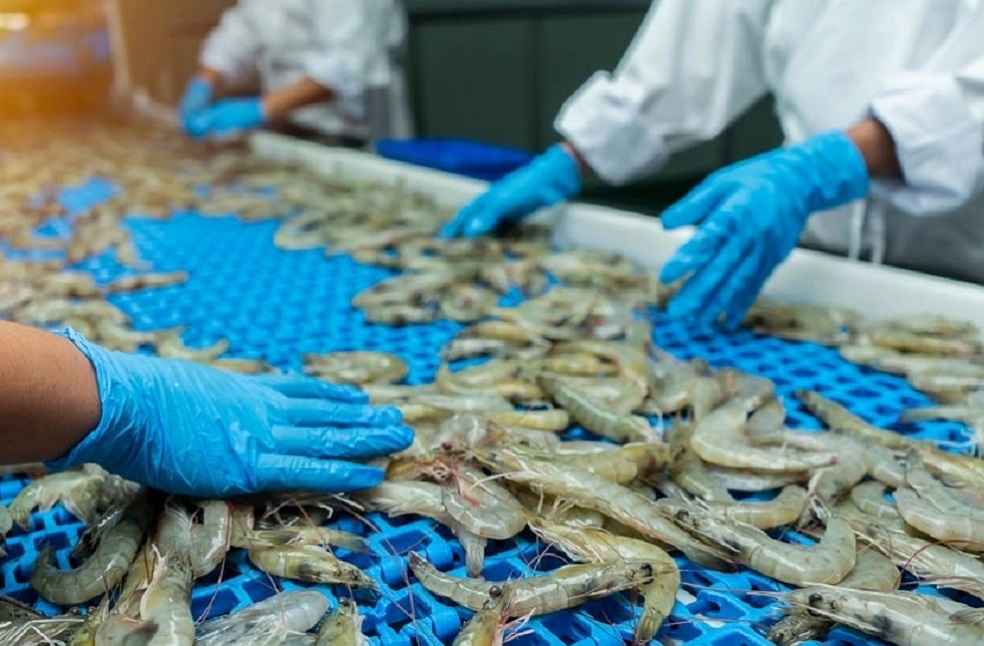Global marine fisheries and aquaculture trade is emerging as a powerful catalyst for sustainable economic growth, with major potential to advance Sustainable Development Goals (SDGs). This sector, encompassing fish, crustaceans, molluscs, seaweed, and an array of value-added aquatic products, plays a pivotal role in enhancing food security (SDG 2) and safeguarding marine ecosystems (SDG 14).
In 2022, global exports in fisheries and aquaculture surged to $186 billion, a remarkable 63% increase from $114 billion in 2012. Of particular note, South-South trade—commerce between developing nations—has expanded dramatically, especially within fisheries and aquaculture. UNCTAD’s recent analysis reveals a significant leap in this trade, which doubled from $19 billion in 2012 to $39 billion in 2022.
A significant departure from traditional trade patterns, where developing nations exported predominantly to advanced economies, signals a shift towards South-South trade. This trend reflects a new era where developing nations are increasingly exchanging goods and services among themselves, retaining more economic benefits locally. This evolution creates jobs, fosters innovation in marine-based products, enhances food security, and boosts access to protein-rich resources, especially among coastal communities.

By engaging in trade within the Global South, nations are elevating the value of their exports through improved quality and processing, strengthening local industries, and enhancing competitiveness on the international stage, including in advanced markets.
UNCTAD’s Revealed Comparative Advantage analysis highlights the unique export strengths of various developing countries. Mozambique leads in exporting rock lobsters and sea crawfish. Argentina is renowned for its frozen hake, a fish globally admired for its firm texture and mild flavor. Morocco shines with its processed sardines, benefitting from rich marine biodiversity and sustainable fishing practices. Peru excels in exporting prepared or preserved anchovies, drawing from the nutrient-rich fish stocks of the Humboldt Current.
These competitive advantages enable these nations to dominate specific markets, driving economic growth and diversifying their export profiles. The fisheries and aquaculture sectors increasingly intertwine with the creative economy, as chefs in developing nations explore local species and rich, biodiverse flavors in their culinary creations.

Despite promising growth in South-South trade, the fisheries and aquaculture sectors confront serious challenges. Overfishing, harmful subsidies, and climate change threaten sustainability. The overfishing of global fish stocks has tripled since 1974, with over one-third of the world’s fisheries currently overexploited. Climate change exacerbates these issues, altering sea temperatures and ecosystems, endangering both the environment and livelihoods tied to these resources.
Trade barriers, particularly non-tariff measures (NTMs), further complicate the expansion of South-South trade. NTMs, which include food safety and quality standards, often prove costly for exporters and restrict market access. These obstacles present significant hurdles for developing countries, despite preferential treatment under agreements like the Global System of Trade Preferences among Developing Countries (GSTP).
GSTP, comprising 42 members across Africa, Asia, and Latin America, plays a crucial role in promoting South-South trade by offering preferential tariffs and reducing trade barriers. GSTP members represented over 60% of developing nations’ total exports in the fisheries and aquaculture sector in 2022, underscoring the agreement’s significance in fostering trade within the Global South.
By harmonizing and reducing NTMs, GSTP facilitates easier access to regional and global markets for developing nations, enabling integration into global value chains and preparing businesses for international competition. The agreement also empowers participants to leverage their strengths in specific marine products, cultivating a diversified and resilient trade environment.
BUSINNESS GENERAL | Indonesia’s Food Barn Dream Faces Doubts, Experts Urge Strategic Shift



